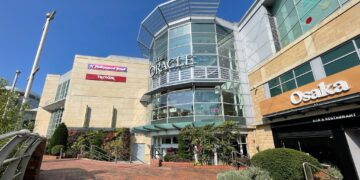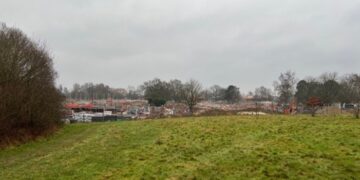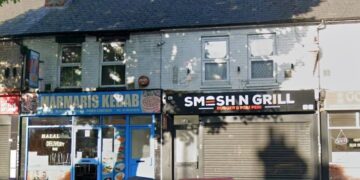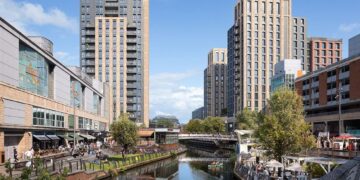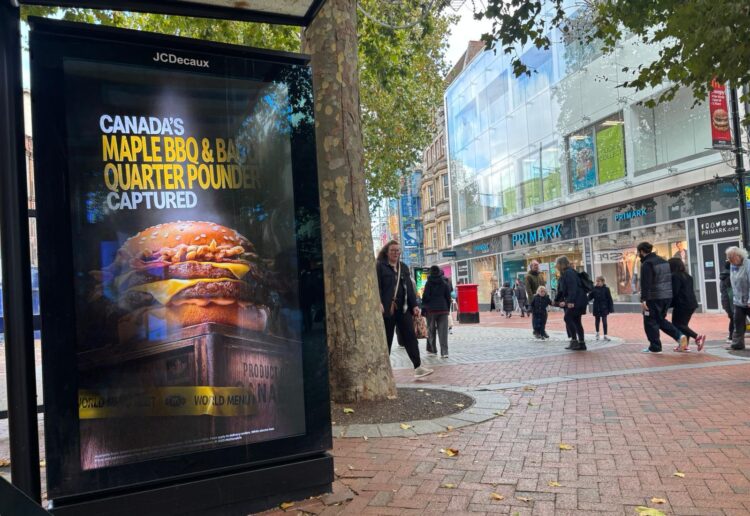The advertising of ‘unhealthy’ food will be clamped down upon in Reading going forward.
Reading Borough Council possesses advertising space throughout the town, with its website boasting that its advertising space can help companies reach 200,000 road users and 40,000 pedestrians per day.
In a major move, councillors have decided to update the policy for advertising to reduce exposure to ‘unhealthy’ food marketing.
Introducing the change at a policy committee meeting, Rachel Eden (Labour, Whitley), lead councillor for public health, said: “We’re all passionate about encouraging young people and older people, ourselves, as well, not just youngsters, to have a healthy approach to food.
“The issue with advertising is that it takes away that freedom of choice that we all have about what we eat, it imposes on us ideas into our minds, it’s not a public service that advertisers are doing, we already know that we have food options, we know that nice gummy sweets exist, we know that apples exist.
“What we are saying here in this policy is that we don’t need any more reminders about the delicious sweets cllr Matt Yeo (Labour, Caversham) hands out in moderation prior to meetings!
“We need reminders about a salad, or a nice hearty vegetable stew at this time of year.”
A report on the policy update shows differences between how adverts will look going forward.
Coffee will be promoted rather than chocolate drinks, ‘three for two’ deals will promote fruit and other healthier items rather than sweets and snacks, and advertising for soft drinks will promote the zero sugar alternatives.
Although imagery advertising a burger would be largely the same, a policy-compliant advert would accentuate the hot sauce that comes with the product rather than the American beef and cheese that comes with it.
Cllr Eden said: “The public health team are very passionate, they know that the data makes it very clear that this will have a measurable impact on the health of our population, and therefore will actually save lives and also help us to live better lives as well.”
No brands are explicitly mentioned in the report.
Previously, 14 adverts for McDonald’s were spotted in the town centre, identified in an article from 2022.
Responding to that at the time, a McDonald’s spokesperson stated that the company has been providing nutritional information for its menu items for more than 30 years.
It has also partnered with Public Health England to introduce 400 and 600-calorie meal bundles to lower overall calorific content.
Cllr Kate Nikulina (Green, Katesgrove) questioned why resource-heavy products were not included in the policy update.
She said: “As much as I welcome this, as someone who sometimes does struggle to make healthy food choices in her life, it’s a little disappointing not to see any mention of the restriction to advertising high-carbon-emission and fossil fuel products such as SUVs for example, and luxury cruises, having declared a climate emergency. ”
Answering her, John Ennis (Labour, Southcote), lead councillor for transport, said that her points will be reviewed.
The new advertising rules were unanimously approved at the council’s policy committee meeting on October 20.

